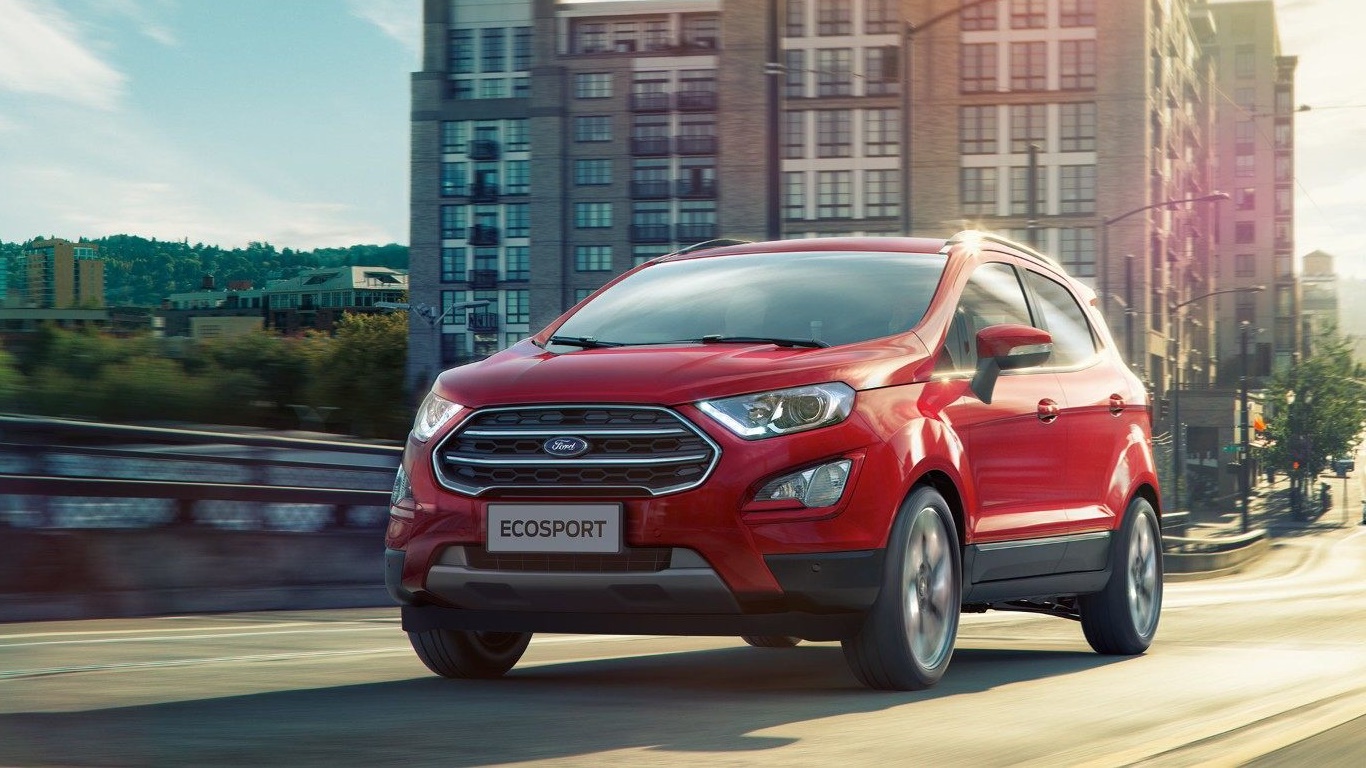
In an announcement from Cologne, Germany, Ford Motor Co. (NYSE: F) said it is beginning talks with trade unions and other European parties as the company begins to earn some profits from its European business. The automaker plans to reduce its “structural costs” and make changes to the portfolio of vehicles it offers in Europe, focusing on commercial vehicles, passenger cars and imports.
On Wednesday, reports surfaced of a joint effort with Volkswagen, the world’s largest carmaker, to forge an alliance between Ford and VW to examine where cars will be built in the future for the European, U.S. and Chinese markets and to work together to fend off the entry of companies like Google and Apple into the self-driving car market.
Bloomberg News reported Thursday morning that VW’s board is expected to discuss the plan Friday and, if it is approved, announce details at the Detroit Auto Show next week. Neither Ford nor VW would comment on the report.
Steven Armstrong, president of Ford’s Europe, Middle East, and Africa business, said:
We are taking decisive action to transform the Ford business in Europe. We will invest in the vehicles, services, segments and markets that best support a long-term sustainably profitable business, creating value for all our stakeholders and delivering emotive vehicles to our Customers.
Ford said it plans to make structural cost improvements by reducing “surplus labor” in both its salaried and hourly ranks. Cuts announced last month to the salaried workforce are already being implemented. The company also said that plans achieve its labor cost reductions, as far as possible, through voluntary employee separations in Europe.
The company said it was beginning formal consultations that are expected to result in thousands of lost jobs and the end of European production of models that customers don’t want to buy.
Ford also said it will close its transmission plant in Bordeaux, France, in August of this year and begin discussions with its unions to shut down its Saarlouis body and assembly plant in Germany. Ford also is reviewing its joint venture Ford Sollers plant in Russia and will consolidate its U.K. and Ford Credit Europe headquarters.
In its report on November sales in Europe (the December report has not yet been released), Ford said sales volume was approximately flat for the first 11 months of 2018 compared with the same period in 2017, with about 1.26 million vehicles sold. The company’s best-selling vehicles are the compact Fiesta, the midsize Focus and the Kuga compact sport utility vehicle, which together account for about 570,000 units sold through November.
Ford’s plan to focus on commercial vehicle sales looks sound. Various models of its Transit van had sold around 215,000 units in the first 11 months of 2018, up about 14,000 units year over year. About a quarter of Ford’s European sales last year were commercial vehicles.
Sales of its Kuga, EcoSport and Edge SUVs posted a record year, according to Thursday’s press release, totaling more than a quarter million units. Ford plans to import some vehicles — Mustang and Edge among current models — and an “all-new Mustang-inspired full-electric performance utility in 2020.”
When GM shut down its European business in 2017, the company sold the business to Peugeot. It’s unlikely that Ford will be able to duplicate that feat. One might even argue that the company waited too long to address weakness its European business. While the numbers for 2018 aren’t awful, neither are they cause for celebration.
The reality is that Ford is getting smaller. Getting into bed with VW could be the first step in a long-range goal of selling the European business to the German firm. The second step could be cutting costs in Europe. Eventually, VW, with a market cap that is about double Ford’s, could acquire the whole thing. Stranger things have happened.
In Thursday’s premarket trading Ford stock was up just 0.8% at $8.79, in a 52-week range of $7.41 to $13.48. The stock’s 12-month price target is $9.97.
Travel Cards Are Getting Too Good To Ignore (sponsored)
Credit card companies are pulling out all the stops, with the issuers are offering insane travel rewards and perks.
We’re talking huge sign-up bonuses, points on every purchase, and benefits like lounge access, travel credits, and free hotel nights. For travelers, these rewards can add up to thousands of dollars in flights, upgrades, and luxury experiences every year.
It’s like getting paid to travel — and it’s available to qualified borrowers who know where to look.
We’ve rounded up some of the best travel credit cards on the market. Click here to see the list. Don’t miss these offers — they won’t be this good forever.
Thank you for reading! Have some feedback for us?
Contact the 24/7 Wall St. editorial team.




